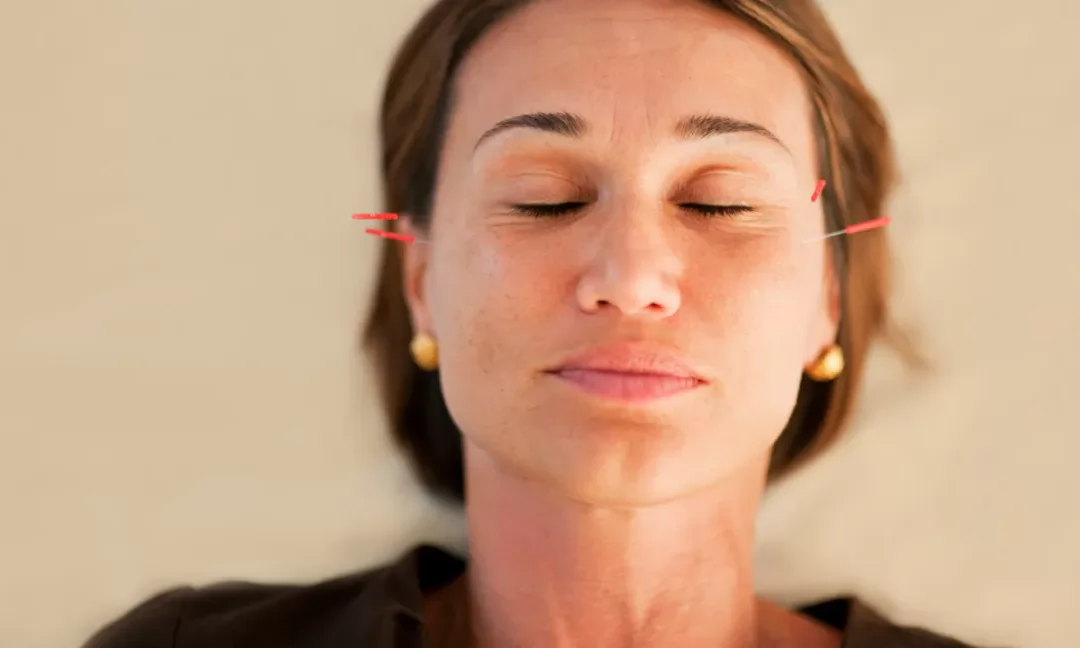by Chee Yeap
Registered Acupuncturist and Chinese Medicine Practitioner
Menopause is the final cessation of menstrual function. It is a natural phase in a woman’s life and usually occurs about age 50-52. In the case of menopause, the level of oestrogen drops so low that it cannot support the reproductive organs, in particular it can no longer cause the lining of the uterus to thicken and the consequently, cessation of the menses occurs. There is a huge decrease of oestrogen and progesterone during the menopause state hence it leaded to patho-physiological changes to our body, such as atrophy of oestrogen-dependent tissues (uterus, ovary, vagina, breast), loss of oestrogen support to bone, urinary tract, skin and hair. Below is the summary of 3 stages of menopause:
1. Pre-menopause
Refers to the transitional period between reproductive and non-reproductive year. It usually spans approximately 5 years. It is characterised by irregular menstrual cycle, hot flushes, moon swings, weight gain, etc.
2. Menopause
Cessation of menstruation, decreased level of oestrogen cause body changes and women may experience significant vasomotor instabilities.
3. Post-menopause
Last stage of menopause. The symptoms and complaints diminish/disappear.
Menopause Clinical Symptoms
- Hot flushes and feeling heat: upper-trunk and face. It could last from a year to 4 years
- Sweating: night sweats
- Sleeplessness, anxiety, mood swings, poor memory
- Sexual problem: dry vagina, low or loss of libido
- Other genital changes: atrophy of breasts and uterus
- Urination: Frequent, urgent or difficulty in urination
What health risks increase after menopause?
Osteoporosis (weak bones), urinary tract infections (UTI), heart disease, alzheimer’s disease, colorectal cancer.
Oestrogen therapy or in combination with progesterone is currently the most effective treatment of menopause. However, hormone therapy is associated with a number of risks such as breast cancer, stroke, heart attacks, and thromboembolic events (blood clots in leg and lungs). Hence, many women seek many women seek for alternative therapy. For people who can’t or don’t want to receive hormone therapy treatments to manage menopause symptoms, alternative medicine like Chinese medicine and acupuncture can be viable option for relief. There are many research and clinical trial showing that acupuncture significantly reduced vasomotor symptoms and improved several quality of life measures, such as hot flush interference, sleep quality, physical symptoms, memory symptoms and anxiety. All these benefit persisted at least 6 months beyong the end of acupuncture treatment.
In short, acupuncture for menopause symptoms is a realistic option for women who cannot or do not wish to use hormone therapy. Women should be informed of the current evidence, so they can integrate this with personal preferences and values in their decision making. I usually recommend having acupuncture treatment once or twice per week for 4 weeks as a starting point. A study from University of Southern Denmark found that 5 weeks of acupuncture in women with menopausal symptoms reduced hot flushes, night sweat, sleep disturbance and emotional problems. However, it all depends on the severity of your menopause symptoms, a thorough assessment is required at your first session. If you enjoy reading this article, please share with your friends and family who suffer with menopause symptoms.



Recent Comments